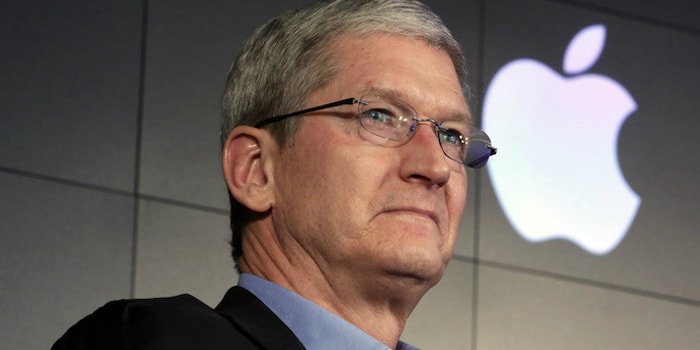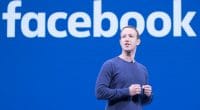Apple may face a class-action lawsuit by its shareholders led by a UK pension fund, over the comments made by Apple’s CEO Tim Cook during an analyst call. The shareholders have accused Cook of hiding China’s decreasing demand for iPhones, which eventually caused investors to lose billions of dollars.
The shareholders who have filed the lawsuit are led by the Norfolk County Council as Administering Authority of the Norfolk Pension Fund, located in Norwich, England.
The U.S. District Judge Yvonne Gonzalez Rogers, in a decision on Wednesday, said that the shareholders can sue over Tim Cook’s comments made during an analyst call on Nov 1, 2018. During this time Apple was facing troubles with sales in certain emerging markets. But Tim Cook, during the call, said that iPhone XS and XS Max “had a really great start” and referring to the sales pressures he added, “I would not put China in that category.”
In a decision, Rogers said that the plaintiffs have plausibly alleged that Cook’s statements during the analyst call about China were materially false and misleading, and therefore they are eligible to sue over Cook’s comments. However, Apple and its CEO Tim Cook, have denied the accusation, saying that there was no proof of their intention to mislead and defraud their shareholders and nor did they intended to do so.
Only a few days after the analyst call on Nov 1 2018, Apple told its suppliers to curb production. On Jan 2, 2019, the company changed its quarterly revenue forecast and cut it by up to $9 billion. The very next day, this sudden cut in its quarterly revenue forecast caused its shares to fall by 10%, which resulted in a loss of $74 billion in its market value.
Tim Cook blamed this on the increasing US-China trade tensions during that time. But the U.S District Judge Rogers, thinks that the shareholders have a strong case. She said that the shareholders raised a “strong inference” that Tim Cook understood and knew about the risks involved in China’s market when he made comments on China during the analyst call.
The judge called shareholder’s arguments “cogent and compelling inference that Cook did not act innocently or with mere negligence.” She said that even if the CEO did not know specifics of the decreasing demand in China, it “strains credulity” that he did not know about ongoing trade tensions at the time and how they would affect Apple’s sales in China.
Rogers said that Apple must face a lawsuit as the the she thinks that the plaintiffs have a strong case against them. The judge’s confidence adds support to the accusation. The case is still underway, but Apple may soon face the lawsuit by its shareholders.
The Tech Portal is published by Blue Box Media Private Limited. Our investors have no influence over our reporting. Read our full Ownership and Funding Disclosure →






